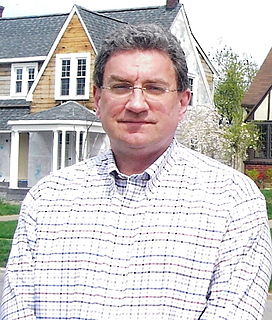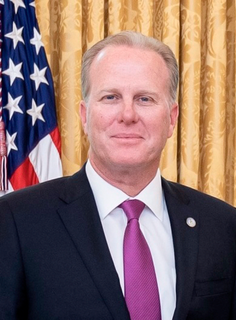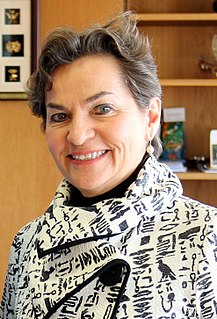A Quote by Kofi Annan
Governments have to conclude a fair, universal, and binding climate agreement, by which every country commits to reducing emissions of greenhouse gases.
Related Quotes
... the consensus of the scientific community has shifted from skepticism to near-unanimous acceptance of the evidence of an artificial greenhouse effect. Second, while artificial climate change may have some beneficial effects, the odds are we're not going to like it. Third, reducing emissions of greenhouse gases may turn out to be much more practical and affordable than currently assumed.
We need to remind ourselves that our ultimate goal is not to reduce greenhouse gases or global warming per se but to improve the quality of life and the environment. We all want to leave the planet in decent shape for our kids. Radically reducing greenhouse gas emissions is not necessarily the best way to achieve that.
I know we need more nuclear power in order - nuclear power, after all, is not dependent on fossil fuels and emits no greenhouse gases. I believe we're going to be able to have coal-fired plants that have zero emissions. We need to work on carbon sequestration technologies. I mean, there's a lot we can do together and achieve the objective, which a lot of people want, which is the reduction of greenhouse gases, and at the same time, have viable economic growth.
I think that once people understand the great risks that climate change poses, they will naturally want to choose products and services that cause little or no emissions of greenhouse gases, which means 'low-carbon consumption.' This will apply across the board, including electricity, heating, transport and food.
Connect with people, visibly and loudly showcase initiatives that reduce greenhouse gases emissions, nurture youth leaders, or spread the message by raising awareness through campaigns. I am convinced that your contributions will ensure that climate change solutions safely power our - and especially your - future.









































